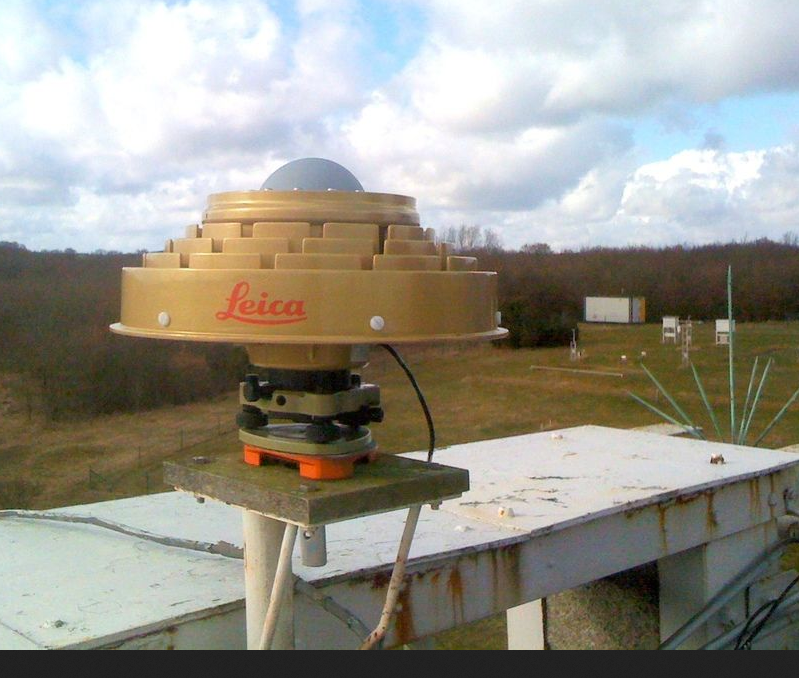The Royal Observatory of Belgium (ROB) is a federal research institute, working under the aegis of the Belgian Federal Science Policy.
ROB's research and services focus on the Earth (space geodesy, seismology, gravimetry, Earth rotation), the Sun (coronal holes, solar activity, sun spots, space weather), the planets, and the stars.
ROB's Department "Reference systems and Planetology" performs research on topics related to space geodesy, planetology, Earth rotation, reference frames, and time transfer and provides also scientific services in several of these fields. It has a long tradition of collaboration in international astronomical and geodetic campaigns for monitoring the form and dimensions of the Earth.
In 1988, ROB set up a new research program focusing on the Global Positioning System (GPS). Today, this original GPS research program has been extended to all Global Navigation Satellite Systems (GNSS), e.g. GPS, GLONASS (the Russian navigation system), and GALILEO (the upcoming European navigation system) and evolved to what is todays ROB's GNSS research group.
The original mission of the GNSS research group, which is part of the legal mission of the Royal Observatory of Belgium, is to integrate Belgium in international terrestrial reference frames. This task requires observations, research as well as data analysis. In addition, since many years, GNSS data can be used for multi-disciplinary research and applications and hence the ROB's GNSS research group also extended its horizons.
More details can be found in the overview of our activities.

